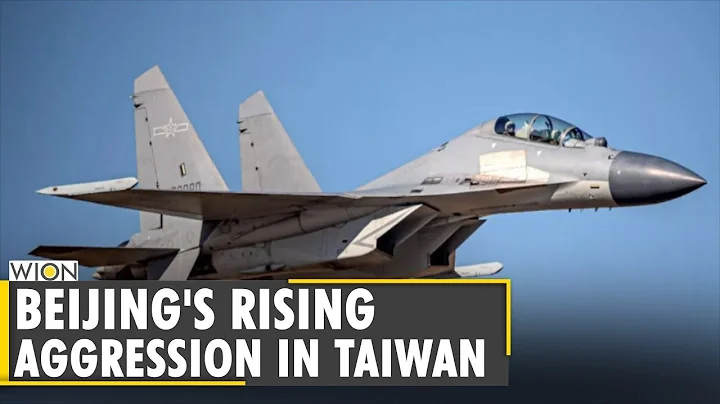A similar situation is happening at Renault, where Macron has criticized the pay of Carlos Ghosn, chief executive of the Renault-Nissan alliance, and in 2015, as economy minister, proposed that the French government increase its stake in the company from 15% to nearly 20%.

Emmanuel Macron
China Economic Network comprehensively reported that data released on the evening of May 7, local time in France showed that former French Economy Minister Emmanuel Macron won the second round of voting in the French presidential election. With more than 65% of the vote, the new French president was elected. A foreign source commented: This is another young leader in France since Napoleon. Macron will still face arduous tasks and challenges: he will still continue Hollande 's policies, but he wants to achieve reforms in the social and economic fields. , there are still many obstacles.
Macron's rival, the candidate of the French far-right party "National Front", Marine Le Pen's "policy platform" has caused concerns among French automobile groups including Renault and PSA, and Le Pen has been labeled The label of "Brexit" supporter and anti-globalization supporter is undoubtedly a major obstacle to the global automobile industry.
Not only that, Le Pen also advocates French centrism, will increase import tariffs, and calls for the return of real industries to France. Le Pen also praised Ford's cancellation of a new factory in Mexico and expressed her approval of US President Trump. If Le Pen is elected, it will likely affect Renault's factory plans in Algeria. Because of this, some foreign news outlets commented: Macron won the new French president, and will give Renault and PSA peace of mind in the next five years.
Publicly available information shows that Macron was born in December 1977 in a middle-class family in Amiens , a city in northern France. After Francois Hollande, a left-wing French socialist, became president of France in 2012, Macron was appointed deputy secretary-general of the presidential palace. In August 2014, the French government was reorganized, and Macron, then 36, became France's Minister of Economy.
Macron advocates economic globalization and supports the development of the European Union. He actively seeks to strengthen France's relationship with the EU and relax the country's strict worker protection regulations. Some analysts said that these policies can help Renault and PSA reduce costs and implement measures to improve production efficiency.
But there is no doubt that the French economy is still in decline. The unemployment rate has been as high as around 10% for many years. Last year, the annual GDP growth rate was only 1.4%, lagging behind the average development of the entire European Union.
As the former economic minister of outgoing President Hollande, Macron launched a series of economic reforms in 2015, known as the "Macron Law". These policies have triggered fierce opposition and strong opposition from trade unions within the Socialist Party. Resistance, while free-market advocates say "reforms don't go far enough."
Not only that, Macron also has a close relationship with the automobile industry, because both Renault and PSA currently have French government shares. During his tenure as Minister of Economy, Macron also made many statements on what happened to the two companies.
Some comments said that although Macron will support PSA CEO Carlos Tavares's initiative to integrate the Opel/ Vauxhall with the Peugeot and Citroën brands, thereby maximizing labor efficiency , and bring economies of scale to PSA. But when Tavares' wages doubled to 5.2 million euros in 2015, Macron described it as "excessive", although he noted that Tavares was a good manager.
A similar situation is happening at Renault, where Macron has criticized the pay of Carlos Ghosn, chief executive of the Renault-Nissan alliance, and in 2015, as economy minister, proposed that the French government increase its stake in the company from 15% to nearly 20%. This move also triggered strong opposition from Carlos Ghosn.
Daniel Gross, director of the Center for European Policy Research in Brussels, said: "The French have strong and concentrated control in some industries, including automotive, but so far have not used their full strength. Labor laws, tax burdens, are Two key issues for the return of French industry."
But it is worth mentioning that Macron does not blindly emphasize state-controlled enterprises. He has also suggested selling shares of some French state-owned listed companies to fund innovation plans. However, some European information agencies said that whether Macron would say It is still uncertain.
Gross pointed out that Macron is currently more "closer" to France's powerful unions, including auto workers. "The key is that he does not have too many conflicts with the unions." "If he Being able to do that would potentially add more flexibility and cooperation with unions, like in Germany, which would be a big benefit to the industry. "
At present, Le Pen's extreme words and deeds have triggered concerns about immigration, terrorism and globalization, and triggered discussions about Britain's vote to leave the European Union and the election of US President Trump. But after Macron takes office, can he implement it? It remains to be seen whether other policies of liberalism, globalization, tax cuts and labor efficiency will be implemented. (Compiled by Huang Chunmian of China Economic Network)
.




















